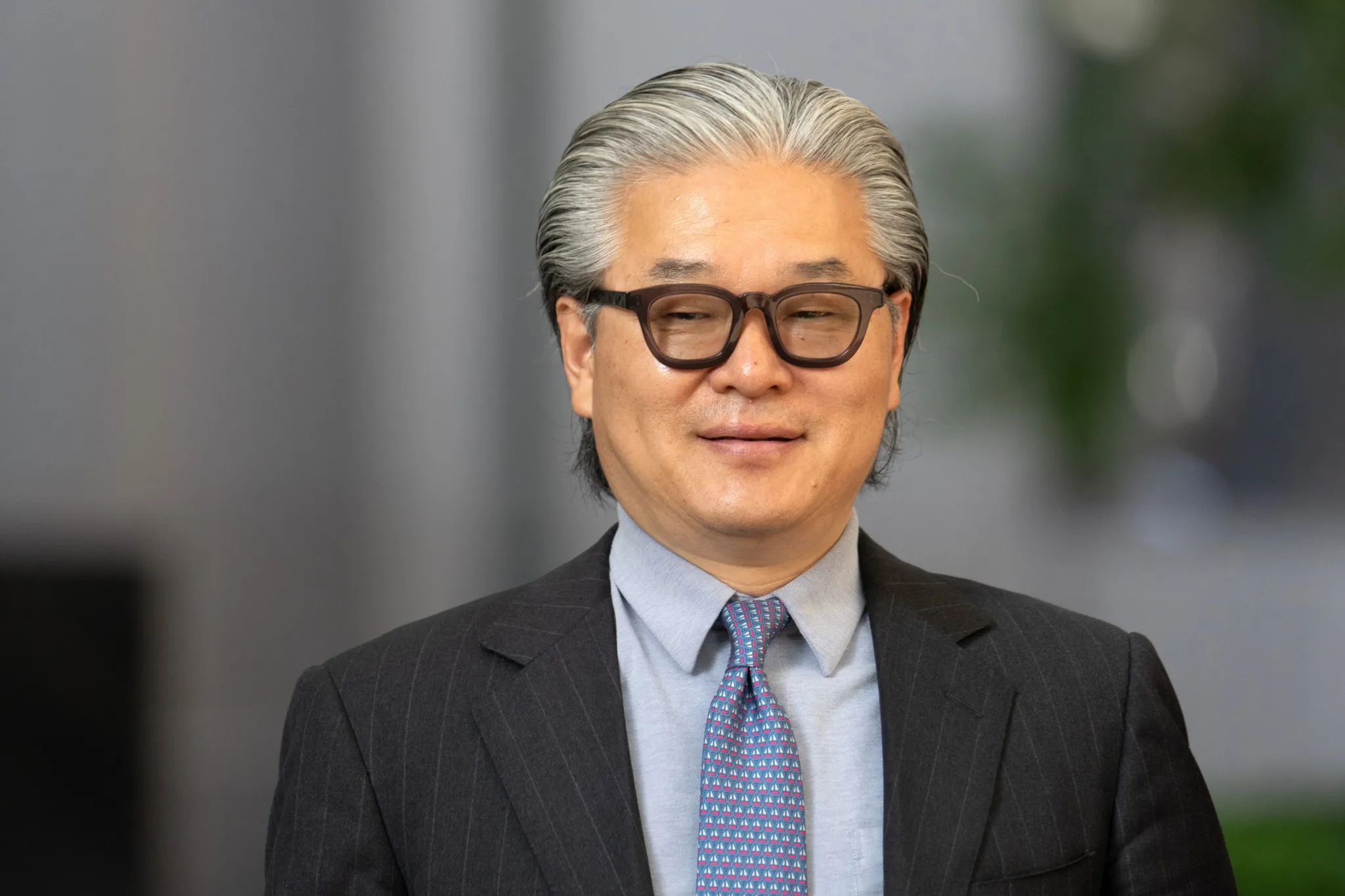Archegos founder Bill Hwang tells court he can’t pay $10 billion compensation to victims because he’s only a millionaire
Disgraced multimillionaire and convicted white collar criminal Bill Hwang is too broke to ever pay the nearly $10 billion in restitution requested by prosecutors to make some of Wall Street’s biggest banks whole again.
It’s a stunning fall for the once high-flying graduate of hedge fund pioneer Julian Robertson‘s Tiger Management. Hwang, now 60, went on to gamble on behalf of his own family office Archegos and amassed a fortune Bloomberg estimated was once worth $30 billion.
According to his legal team, his estimated net worth has now plummeted to just $55.3 million in the best case, with potential ensuing liabilities shrinking that even further.
“The government’s request for a massive restitution order is unsupported, unnecessary and unjustified,” lawyers for Hwang argued in a filing to a U.S. court representing the southern district of New York. “The court should not impose restititution at all.”
Hwang’s victims comprise a handful of elite multinational investment banks led chiefly by Credit Suisse and Nomura. The combined damages for the latter two alone constitute three-quarters of the $9.86 billion in restitution sought by federal prosecutors.
Prime brokerage desks all across Wall Street that serve high rollers like hedge funds and family offices had lent heavily to Archegos. Hwang’s firm used the borrowed funds to double down on a long position in the ViacomCBS at the height of the COVID lockdown-era streaming bubble.
Allegedly too complex to parse what damages were Hwang’s fault
Its buying was so prolific that Hwang ended up inadvertently triggering his own financial demise when the media company took its rising share price as a golden opportunity to issue new stock that could fund the heavy cost of content production.
Lawyers for Hwang argued the damages were only partly the fault of Hwang’s actions. Isolating his specific contribution versus that of chief risk officer Scott Becker, who testified he lied to lenders independent of his boss, for example, could prove too complex.
“Determining the amount of each victim’s actual compensable loss would require this court, at a minimum, to distinguish among categories of loss that are attributable to Mr. Hwang, others at Archegos like Mr. Becker, and the victims’ own independent conduct and decisions,” they wrote, citing banks were culpable for their own decisions on how both to hedge and when to liquidate their exposure to Hwang.
If Wall Street wants its billions back, lenders should consider hitting the U.S. government up, his lawyers suggested.
That’s because the state is demanding to seize $12.4 billion for itself as a criminal penalty, from ill-gotten gains reaped from his market manipulation. That is, if the court grants that—since Hwang’s legal team is contesting this forfeiture as well.
Wall Street should ask Uncle Sam for restitution instead
“The victims would remain free to seek compensation directly from the government pursuant to the process of forfeiture and remission, under which the victims could obtain a share of any forfeiture judgment that this court imposes,” they continued, “to the extent the court orders forfeiture at all.”
Hwang’s lawyers counter that while Archegos may have gained from its deception, Hwang himself strictly speaking did not take possession of said gains for his own personal profit—instead ploughing this money back into the market to prop up his trading positions.
Since the government did not meet the legal bar necessary for seizing the $12.4 billion in assets, no forfeiture should be granted by the court, they pleaded.
Hwang faces the prospect of spending potentially the rest of his life behind bars after a federal jury in Manhattan found him guilty on multiple counts of fraud. The jury ruled Wall Street banks had been deceived and would not have kept his scheme running had they been made aware just how much risk Archegos had assumed to fund its speculation.
U.S. attorney Damian Williams is currently seeking a maximum jail sentence of 21 years. Fortune reached out to his office, but could not reach a spokesperson for a response.




